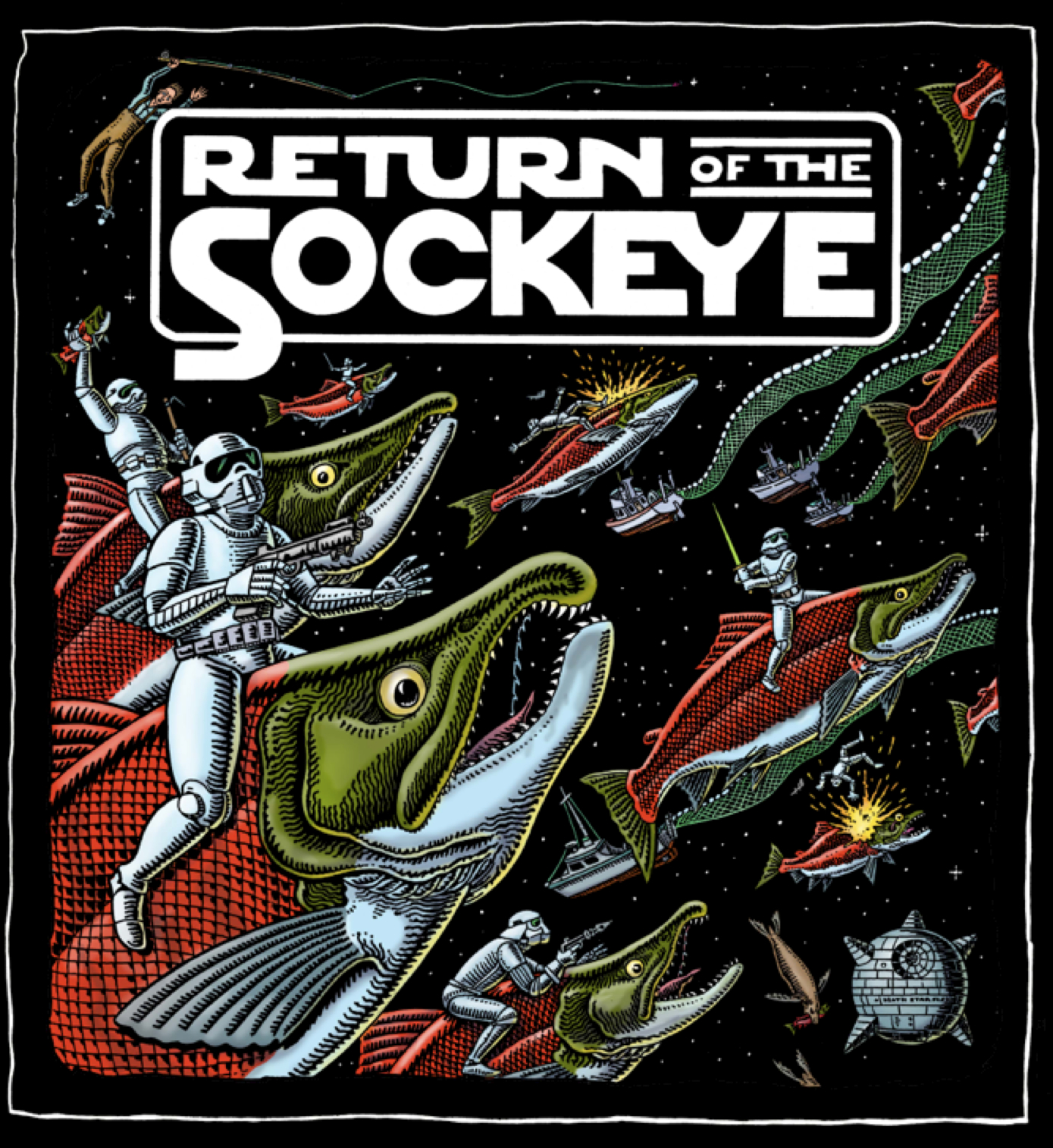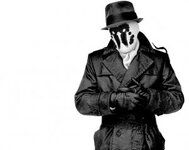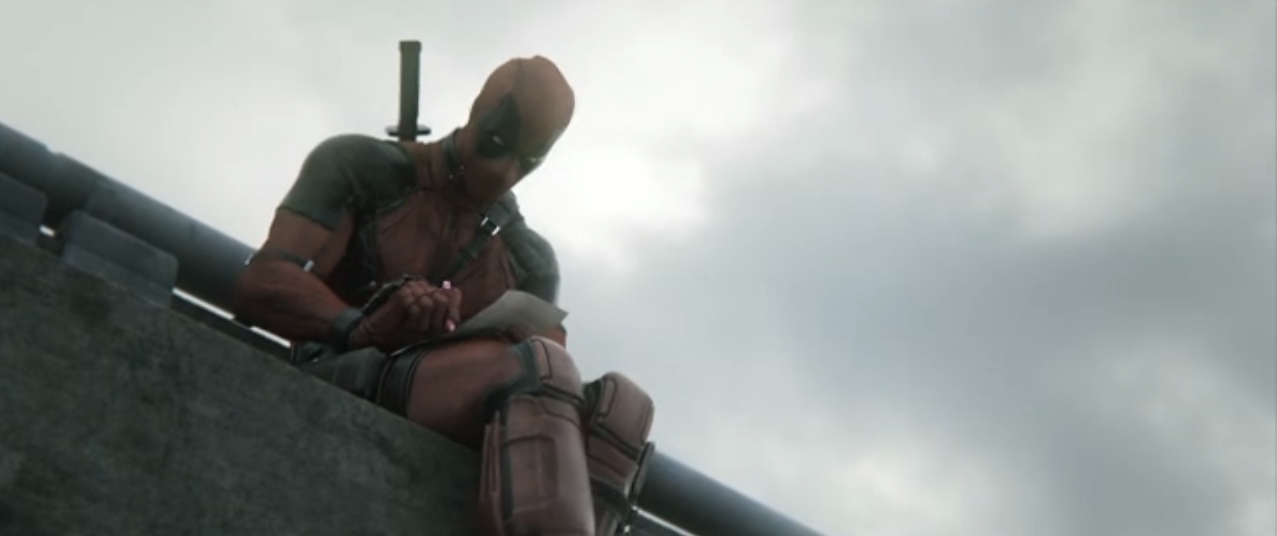Paul Whybrow
Full Member
As I contemplated plot developments in my new novel, wondering whether to include an idea I've had stored away in my bonce for decades I recalled a book cover for a novel by William Golding called The Spire. I read this story forty years ago, and was struck by the illustration on the jacket showing a cutaway view of a cathedral spire with the protagonist Dean praying inside.
At about this time, my local bank discovered the mummified corpse of the building's original owner in the rafters of the roof space. The building dated from Tudor times, and no one knew it had been there for 400 years. It reminded me of the way that corpses of cats are sometimes found buried within the walls of old buildings, put there as an offering to a household deity. I pondered doing something similar with my plot, having my detective hero find a dried-out man in the steeple of his local church.
That's me being a pantser this morning, and thinking about William Golding I remembered that his first novel Lord of the Flies was rejected twenty times, with one publisher saying: 'an absurd and uninteresting fantasy which was rubbish and dull.' I've just received my 53rd rejection letter from the 150 queries that I made in the first seven months of 2015. At least it was a personalised letter, rather than a form thanks-but-no-thanks reply. I've had only four personalised replies, and all were from small agencies, which only goes to prove that if an agency or publisher is huge then they don't have to be polite anymore.
All of this rejection is like water off a duck's back to me now, but all the same I had a look for examples of other writers who were turned away multiple times, finding this jaw-dropping site:
http://www.litrejections.com/best-sellers-initially-rejected/
It really does make you wonder if any literary agents and publishers know what they're doing. Imagine all of those best-selling books not getting the attention that they deserved from a reading public who plainly know better than the hand that feeds them.
It goes to prove that we should never give up. We could be one query away from success.

At about this time, my local bank discovered the mummified corpse of the building's original owner in the rafters of the roof space. The building dated from Tudor times, and no one knew it had been there for 400 years. It reminded me of the way that corpses of cats are sometimes found buried within the walls of old buildings, put there as an offering to a household deity. I pondered doing something similar with my plot, having my detective hero find a dried-out man in the steeple of his local church.
That's me being a pantser this morning, and thinking about William Golding I remembered that his first novel Lord of the Flies was rejected twenty times, with one publisher saying: 'an absurd and uninteresting fantasy which was rubbish and dull.' I've just received my 53rd rejection letter from the 150 queries that I made in the first seven months of 2015. At least it was a personalised letter, rather than a form thanks-but-no-thanks reply. I've had only four personalised replies, and all were from small agencies, which only goes to prove that if an agency or publisher is huge then they don't have to be polite anymore.
All of this rejection is like water off a duck's back to me now, but all the same I had a look for examples of other writers who were turned away multiple times, finding this jaw-dropping site:
http://www.litrejections.com/best-sellers-initially-rejected/
It really does make you wonder if any literary agents and publishers know what they're doing. Imagine all of those best-selling books not getting the attention that they deserved from a reading public who plainly know better than the hand that feeds them.
It goes to prove that we should never give up. We could be one query away from success.








